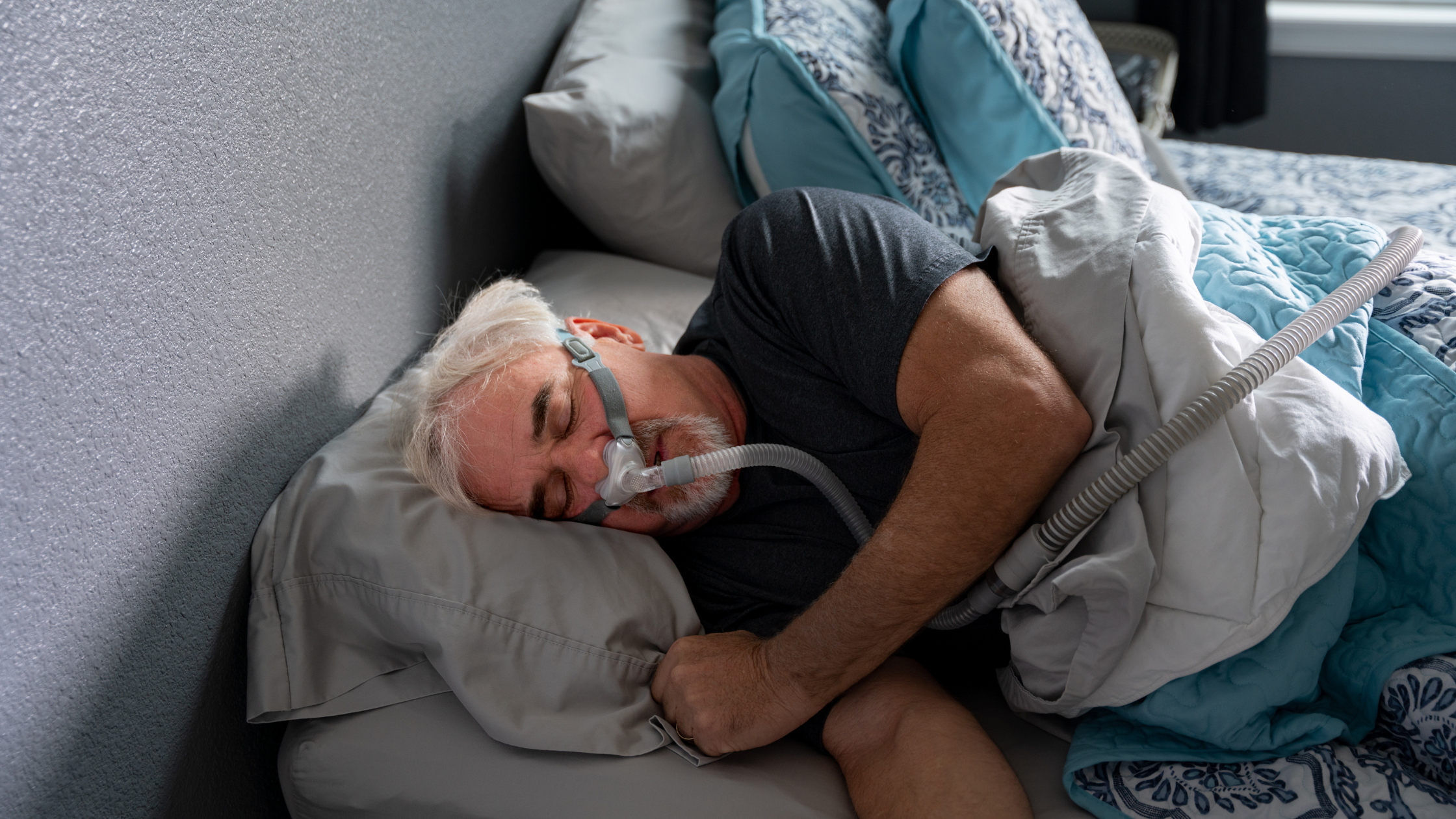Sleep apnea and chronic back pain are two health issues that can significantly reduce a person’s quality of life. On the surface, they may seem unrelated—one is a sleep disorder and the other is a musculoskeletal issue. However, recent research and clinical observations suggest a deeper connection between the two. Understanding how sleep apnea and chronic back pain influence each other is key to developing effective treatment plans for long-term relief.
What Is Sleep Apnea?
Sleep apnea is a condition where breathing repeatedly stops and starts during sleep. The most common type is obstructive sleep apnea (OSA), which occurs when the throat muscles intermittently relax and block the airway. Common symptoms include loud snoring, gasping for air during sleep, morning headaches, fatigue, and poor concentration.
Understanding Chronic Back Pain
Chronic back pain refers to pain that lasts for 12 weeks or longer, even after an initial injury or underlying cause has been treated. It may stem from herniated discs, spinal stenosis, arthritis, poor posture, or muscle imbalances. The pain may be constant or come and go, and it can affect daily function, mobility, and mental health.
How Sleep Apnea Contributes to Chronic Back Pain
1. Sleep Disruption Affects Pain Perception
When sleep is constantly interrupted, the body doesn’t go through the natural healing and recovery processes that occur during deep sleep stages. This lack of restorative sleep lowers pain thresholds and can make existing back pain feel worse. In essence, poor sleep amplifies pain perception.
2. Increased Inflammation
Sleep apnea is associated with higher levels of systemic inflammation, which can aggravate musculoskeletal conditions. Inflammatory markers such as C-reactive protein and interleukins are often elevated in individuals with sleep apnea, contributing to pain flare-ups in areas like the lower back.
3. Obesity as a Common Factor
Obesity is a major risk factor for both sleep apnea and back pain. Excess weight places additional stress on the spine and can lead to joint degeneration, while also increasing the likelihood of airway obstruction during sleep. This dual impact can create a vicious cycle of poor sleep and chronic pain.
4. Muscle Fatigue and Poor Posture
People with sleep apnea often sleep in awkward positions to compensate for breathing difficulty. Over time, this can lead to muscle imbalances, neck and back strain, and worsened posture—all of which contribute to chronic back discomfort.
How Chronic Back Pain Worsens Sleep Apnea
Just as sleep apnea can worsen back pain, chronic back pain can also disturb sleep and increase the severity of sleep apnea. Pain makes it difficult to find comfortable sleeping positions and can cause frequent awakenings. This fragmented sleep can worsen apnea episodes, especially in those already diagnosed with OSA.
Diagnosis and Treatment: Taking a Holistic Approach
Managing both sleep apnea and chronic back pain requires a multi-disciplinary approach. Here are some strategies:
- Sleep Study: If you experience symptoms of sleep apnea, a sleep study can confirm a diagnosis and help guide treatment with CPAP (Continuous Positive Airway Pressure) therapy or oral appliances.
- Weight Management: Addressing obesity through diet, exercise, and behavioral therapy can relieve pressure on the spine and reduce apnea severity.
- Pain Management: Non-surgical interventions such as physical therapy, regenerative medicine, spinal injections, or laser therapy can alleviate chronic back pain.
- Posture Correction: Ergonomic evaluations, stretching routines, and muscle reconditioning can improve alignment and reduce strain.
- Sleep Hygiene: Creating a regular sleep schedule, optimizing your sleep environment, and reducing caffeine or screen time before bed can improve overall sleep quality.
When to Seek Help
If you’re experiencing persistent back pain along with symptoms like loud snoring, daytime fatigue, or restless sleep, it may be time to consult both a sleep specialist and a pain management physician. Identifying and addressing both conditions together can result in better outcomes and a higher quality of life.
Final Thoughts
The connection between sleep apnea and chronic back pain is more than coincidental. These two conditions often fuel each other in a harmful cycle. By addressing both issues with coordinated care, patients can experience meaningful relief, better sleep, and reduced pain. Don’t ignore the signs—early diagnosis and integrated treatment are essential steps toward healing.


